Anxiety in dogs can manifest in many ways, from excessive barking to destructive behavior, and it can be distressing for both pets and their owners. Fortunately, there are several natural remedies that can help alleviate anxiety in dogs. This blog post will explore the benefits of CBD oil, Lavender, Bach Flower Remedies, Chamomile, and Valerian, including the best ways to administer them, how often to use them, and where to get them.
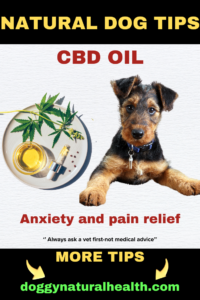 CBD Oil: Anxiety and Pain Relief
CBD Oil: Anxiety and Pain Relief
Benefits: CBD oil is derived from the hemp plant and is known for its calming effects, making it an excellent remedy for anxiety and pain relief in dogs. It interacts with the endocannabinoid system to promote relaxation and reduce stress.
How to Administer: CBD oil can be administered directly into your dog’s mouth using a dropper or mixed into their food. The dosage depends on your dog’s weight and the concentration of the product. A general guideline is to start with 0.2 mg per pound of body weight, given once or twice daily.
Where to Get It: High-quality CBD oil for dogs is available from pet health stores, online retailers, and specialty pet websites. Look for products that are organic and free from additives.
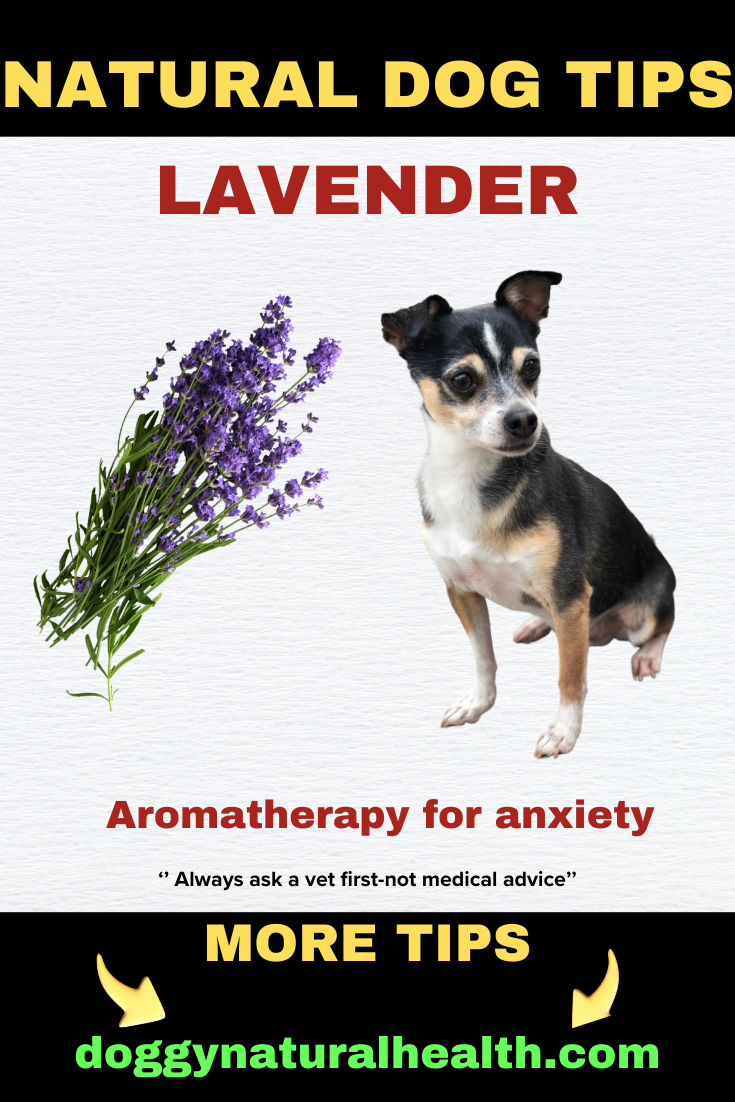 Lavender: Aromatherapy for Anxiety
Lavender: Aromatherapy for Anxiety
Benefits: Lavender is well-known for its soothing and calming properties. It can help reduce anxiety and promote a sense of well-being in dogs.
How to Administer: Lavender can be used in aromatherapy by diffusing essential oil in your home or applying a diluted form to your dog’s bedding. Never apply undiluted essential oils directly to your dog’s skin.
Where to Get It: Lavender essential oil can be purchased from health food stores, online retailers, and specialty aromatherapy shops. Ensure the product is 100% pure and organic.
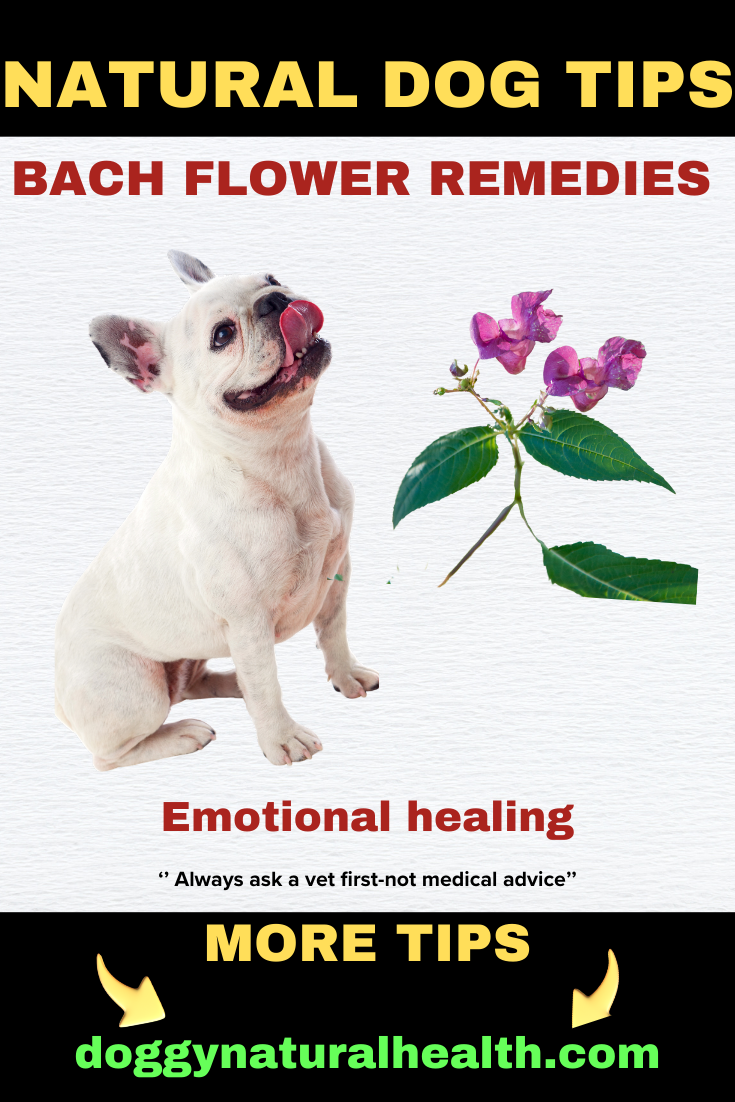 Bach Flower Remedies: Emotional Healing
Bach Flower Remedies: Emotional Healing
Benefits: Bach Flower Remedies are made from flowers and plants, and they are used to address emotional and behavioral issues in dogs. They can help with anxiety, fear, and stress.
How to Administer: These remedies are typically given as drops. Add a few drops to your dog’s water bowl, food, or directly into their mouth, up to four times daily.
Where to Get It: Bach Flower Remedies are available from health food stores, online retailers, and specialized pet health stores. Look for products formulated specifically for pets.
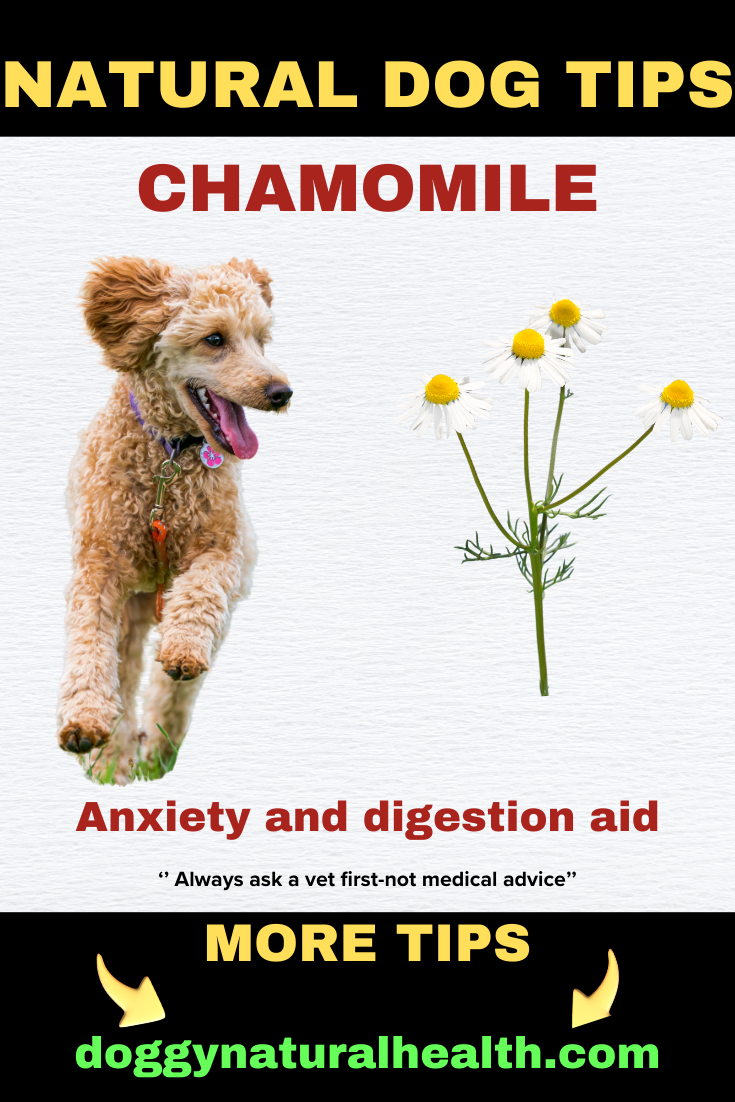 Chamomile: Anxiety and Digestion Aid
Chamomile: Anxiety and Digestion Aid
Benefits: Chamomile is known for its calming and anti-inflammatory properties. It can help reduce anxiety and aid digestion in dogs.
How to Administer: Chamomile can be given as a tea or in supplement form. For tea, brew a cup of chamomile tea, let it cool, and add a few teaspoons to your dog’s water bowl. For supplements, follow the dosage instructions on the product label.
Where to Get It: Chamomile products can be found in health food stores, online retailers, and pet health stores. Choose organic chamomile to ensure purity.
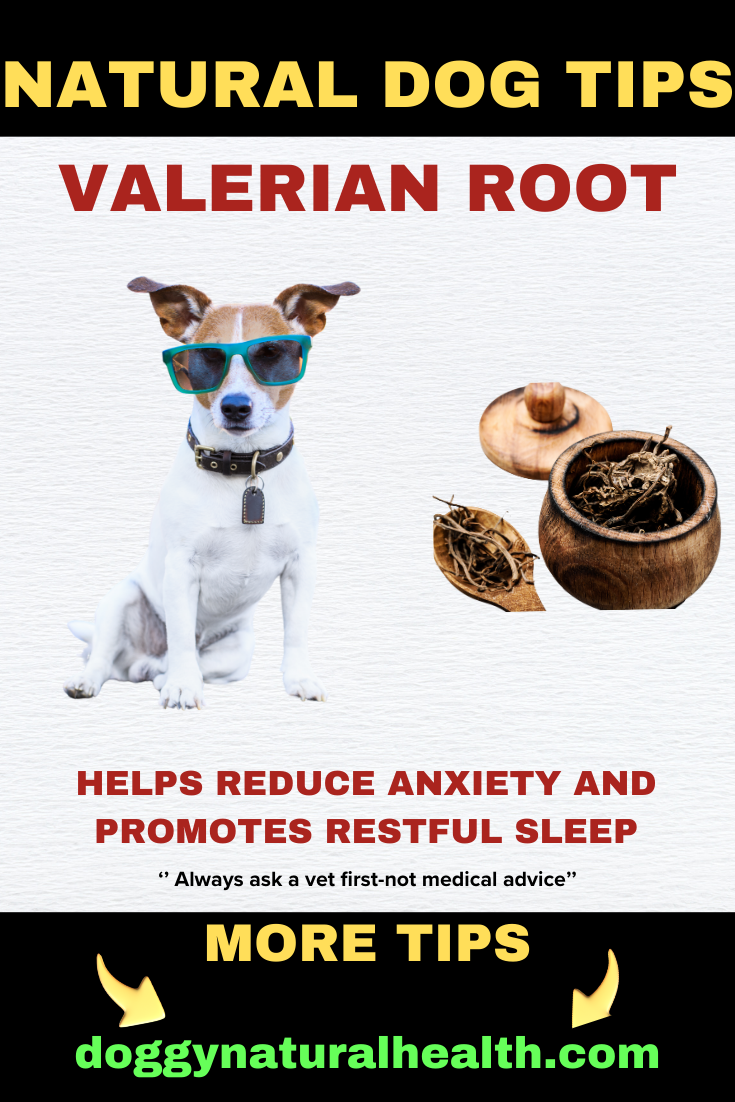 Valerian: Calming Anxious Dogs
Valerian: Calming Anxious Dogs
Benefits: Valerian root is a powerful herb known for its sedative and calming effects. It can help reduce anxiety and promote restful sleep in dogs.
How to Administer: Valerian can be given as a tincture, capsule, or in dried form. The dosage depends on the product and your dog’s weight. Typically, a small dog may need about 1/8 teaspoon of dried valerian root powder mixed into their food once daily.
Where to Get It: Valerian products are available from health food stores, online retailers, and pet health stores. Ensure the product is specifically formulated for pets.
Other Remedies
There are several other natural plants, remedies, and products that can help alleviate anxiety in dogs. Here are some additional options:
1. Passionflower:
- Benefits: Passionflower is known for its calming effects and can help reduce anxiety, restlessness, and hyperactivity in dogs.
- How to Administer: Passionflower can be given in the form of a tincture, capsule, or tea. For a tincture, add a few drops to your dog’s food or water, or follow the dosage instructions on the product label.
- Where to Get It: Available at health food stores, online retailers, and pet health stores. Look for products formulated specifically for pets.
2. L-Theanine:
- Benefits: L-Theanine is an amino acid found in green tea that promotes relaxation without causing drowsiness. It can help reduce anxiety and improve mood.
- How to Administer: L-Theanine is typically available in chewable tablets or capsules for dogs. Follow the dosage instructions on the product label, usually given once or twice daily.
- Where to Get It: Available from pet health stores, online retailers, and specialty pet websites.
3. Melatonin:
- Benefits: Melatonin is a hormone that regulates sleep-wake cycles. It can help reduce anxiety and promote restful sleep in dogs.
- How to Administer: Melatonin is available in tablet or chewable form. The dosage depends on your dog’s weight, typically 1 mg for dogs under 10 pounds, 1.5 mg for dogs 10-25 pounds, 3 mg for dogs 26-100 pounds, and 3-6 mg for dogs over 100 pounds, given 30 minutes before bedtime.
- Where to Get It: Available at health food stores, pharmacies, and online retailers. Choose melatonin products specifically formulated for pets.
4. Hemp Oil:
- Benefits: Similar to CBD oil, hemp oil has calming effects and can help reduce anxiety in dogs. It contains a blend of cannabinoids, including CBD.
- How to Administer: Hemp oil can be given directly into your dog’s mouth using a dropper or mixed into their food. Follow the dosage instructions on the product label, typically given once or twice daily.
- Where to Get It: Available from pet health stores, online retailers, and specialty pet websites. Look for organic, high-quality hemp oil.
5. Rescue Remedy:
- Benefits: Rescue Remedy is a blend of five Bach Flower Remedies designed to help manage stress and anxiety. It can be effective in calming anxious dogs.
- How to Administer: Rescue Remedy is available in liquid form. Add a few drops to your dog’s water bowl, food, or directly into their mouth, up to four times daily.
- Where to Get It: Available from health food stores, online retailers, and pet health stores.
6. Ashwagandha:
- Benefits: Ashwagandha is an adaptogenic herb that helps manage stress and anxiety. It can promote relaxation and improve overall well-being in dogs.
- How to Administer: Ashwagandha is available in powder, capsule, or tincture form. Follow the dosage instructions on the product label, usually mixed into your dog’s food.
- Where to Get It: Available from health food stores, online retailers, and pet health stores.
7. Kava Kava:
- Benefits: Kava Kava is a plant known for its calming and sedative effects. It can help reduce anxiety and promote relaxation in dogs.
- How to Administer: Kava Kava can be given as a tincture or capsule. Follow the dosage instructions on the product label and consult your vet before use.
- Where to Get It: Available from health food stores, online retailers, and pet health stores. Ensure the product is specifically formulated for pets.
Conclusion
Managing your dog’s anxiety naturally can significantly improve their quality of life. CBD oil, Lavender, Bach Flower Remedies, Chamomile, and Valerian offer safe and effective options to alleviate anxiety. Adding natural anxiety remedies like Passionflower, L-Theanine, Melatonin, Hemp Oil, Rescue Remedy, Ashwagandha, and Kava Kava to your dog’s routine can significantly improve their quality of life. When introducing any new supplement to your dog’s diet, it’s crucial to do so gradually and under the guidance of your veterinarian. Start with small doses and monitor your dog for any adverse reactions. This information is not intended as Medical Advise.
Always Consult Your Vet
Before introducing any new food, plant, remedy, or supplement to your dog, always consult with your veterinarian to ensure it is safe and appropriate for your pet’s specific health needs. This blog post is for informational purposes only and is not a substitute for professional veterinary advice.

